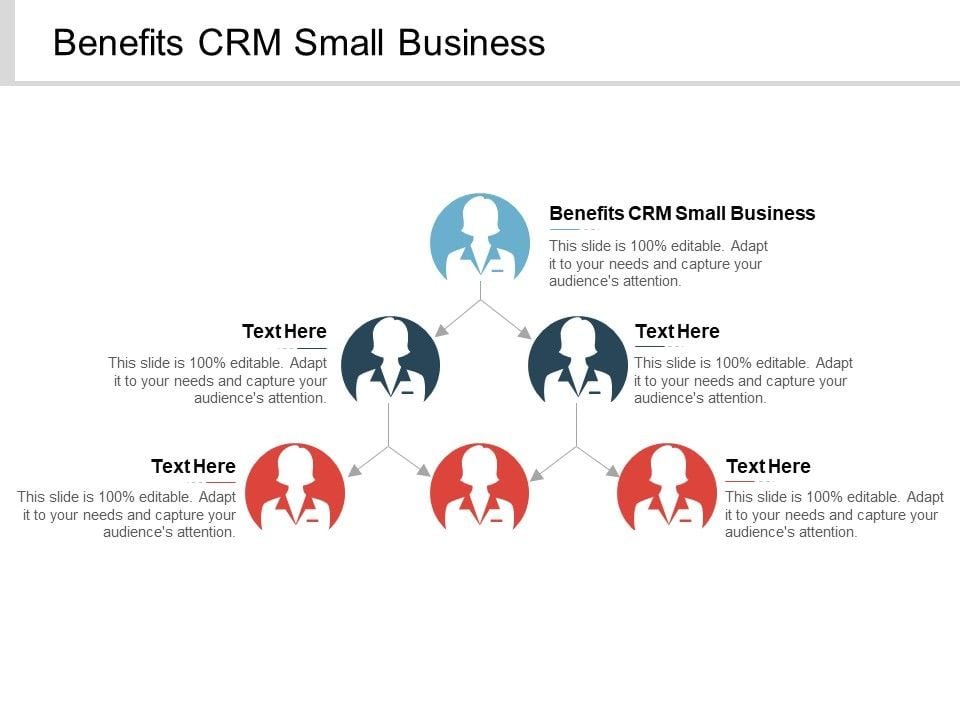CRM for Small Business in 2025: Lightweight Stacks That Scale. We stand at the cusp of a transformative era for customer relationship management, especially for small businesses. The landscape is shifting, driven by rapid technological advancements, evolving data privacy regulations, and the relentless demand for efficiency. This discussion will explore how these forces are reshaping the very fabric of CRM, forcing us to rethink traditional approaches and embrace a new paradigm: lightweight CRM stacks designed to scale with agility and precision.
We’ll navigate the evolving trends, from the essential features that will define a successful CRM in 2025 to the crucial considerations for selecting the right solution. We will also dissect the core characteristics of “lightweight” stacks, contrasting them with their more complex counterparts, and showcasing their inherent advantages for resource-constrained small businesses. Prepare to delve into integration strategies, data management best practices, and the vital metrics that will gauge your success.
Ultimately, we’ll equip you with the knowledge to not only survive but thrive in the future of CRM.
The Evolving Landscape of Small Business CRM in 2025: CRM For Small Business In 2025: Lightweight Stacks That Scale

Source: insidehook.com
The year 2025 marks a pivotal moment for small businesses navigating the ever-changing terrain of customer relationship management (CRM). Driven by technological advancements, evolving customer expectations, and stringent data privacy regulations, the CRM landscape is undergoing a significant transformation. This evolution necessitates a shift towards more agile, adaptable, and cost-effective solutions tailored to the unique needs of small enterprises.
Small businesses in 2025 will need to embrace a CRM strategy that is not only efficient but also compliant and customer-centric. This means understanding the shifts in CRM trends, adapting to technological advancements, and prioritizing data privacy to remain competitive and build lasting customer relationships.
Predicted Shifts in CRM Trends for Small Businesses in 2025, CRM for Small Business in 2025: Lightweight Stacks That Scale
Several key trends will shape the CRM landscape for small businesses in 2025. These trends represent opportunities for businesses to improve customer interactions and operational efficiency.
- Increased Automation: Automation will become even more prevalent, streamlining repetitive tasks such as data entry, email marketing, and lead nurturing, freeing up valuable time for business owners and their teams.
- Personalized Customer Experiences: CRM systems will increasingly leverage data analytics and AI to deliver highly personalized customer experiences, leading to greater customer satisfaction and loyalty.
- Mobile-First Approach: With the rise of remote work and mobile devices, CRM systems will need to be fully accessible and optimized for mobile use, ensuring that businesses can manage customer interactions from anywhere.
- Focus on Data Privacy: Data privacy regulations will continue to tighten, forcing businesses to prioritize data security and compliance. CRM systems will need to offer robust security features and data governance tools.
- Integration is Key: CRM systems will need to seamlessly integrate with other business tools, such as marketing automation platforms, e-commerce systems, and communication tools, to create a unified view of the customer.
Technological Advancements Reshaping CRM Functionalities
Technological advancements are rapidly reshaping CRM functionalities, offering small businesses unprecedented capabilities to understand and engage with their customers. These advancements will drive innovation and efficiency.
- Artificial Intelligence (AI) and Machine Learning (ML): AI and ML will be integrated into CRM systems to automate tasks, predict customer behavior, and personalize interactions. For example, AI-powered chatbots can handle customer inquiries, and ML algorithms can identify leads with a high probability of conversion.
- Advanced Analytics and Reporting: CRM systems will offer sophisticated analytics and reporting tools, enabling businesses to gain deeper insights into customer behavior, sales performance, and marketing effectiveness.
- Cloud-Based Solutions: Cloud-based CRM systems will continue to dominate the market, offering scalability, flexibility, and cost-effectiveness. This allows small businesses to access their CRM data and tools from anywhere with an internet connection.
- Enhanced Mobile Capabilities: Mobile CRM solutions will provide more robust features and functionality, allowing businesses to manage customer interactions on the go. This includes features such as mobile access to customer data, sales tracking, and task management.
- Integration with Emerging Technologies: CRM systems will integrate with emerging technologies such as voice assistants and the Internet of Things (IoT) to provide new ways to interact with customers.
Impact of Data Privacy Regulations on CRM Choices

Source: slidegeeks.com
Increasing data privacy regulations, such as GDPR and CCPA, are significantly impacting CRM choices for small businesses. Compliance with these regulations is no longer optional; it’s essential for building trust and avoiding costly penalties. The focus on data privacy requires businesses to be more vigilant in their data handling practices.
- Data Security: CRM systems must offer robust security features, including encryption, access controls, and regular security audits, to protect customer data from unauthorized access and breaches.
- Data Governance: Businesses must implement data governance policies and procedures to ensure compliance with data privacy regulations. This includes obtaining customer consent, providing data access and deletion options, and managing data retention policies.
- Transparency and Control: CRM systems should provide tools for businesses to be transparent with customers about how their data is collected, used, and shared. Customers should have control over their data, including the ability to access, modify, and delete it.
- Compliance Features: CRM systems should offer features that help businesses comply with data privacy regulations, such as consent management tools, data anonymization capabilities, and audit trails.
- Vendor Selection: Small businesses must carefully vet their CRM vendors to ensure they comply with data privacy regulations. This includes reviewing the vendor’s data privacy policies, security practices, and data processing agreements.